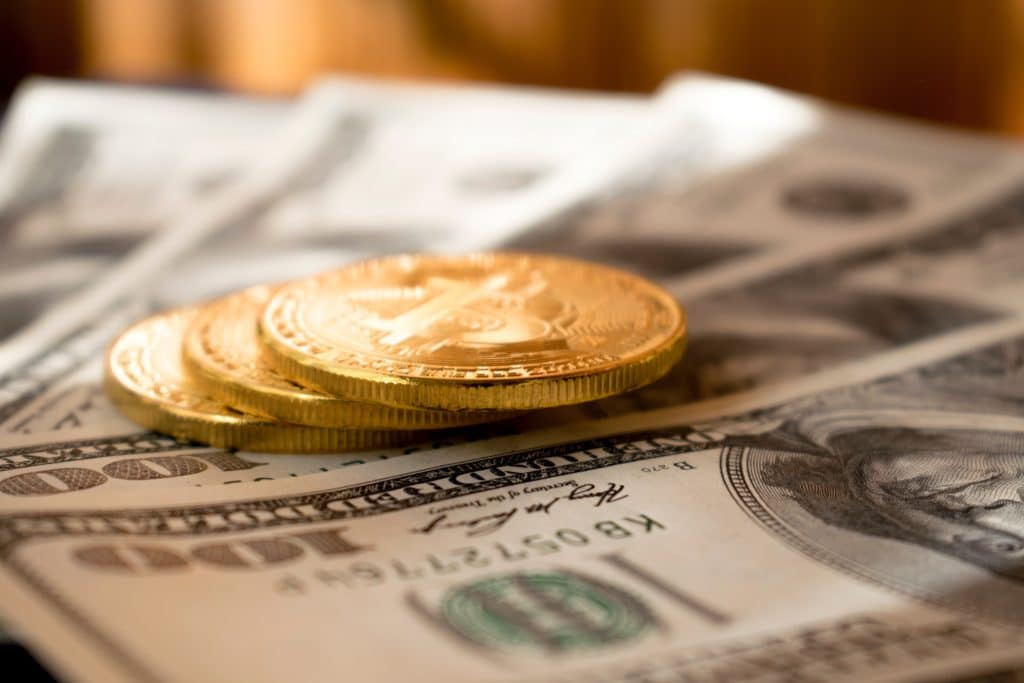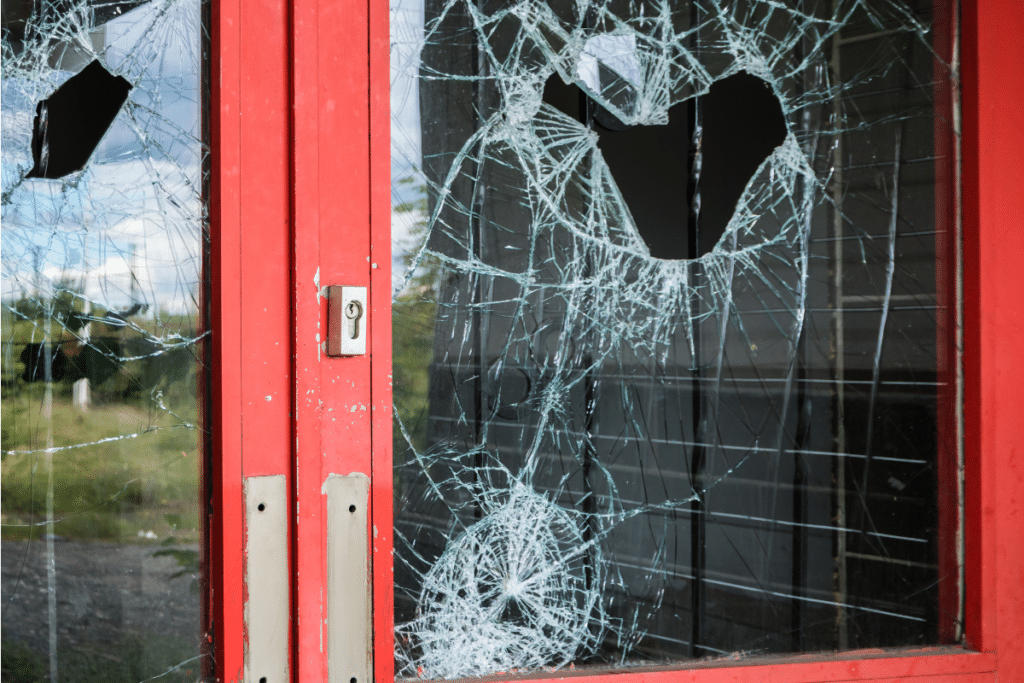The Massachusetts House and Senate changed their state’s recreational marijuana laws outlining the details of how the state plans to rollout pot shops and tax cannabis sales. The biggest updates to the marijuana ballot law, which was already passed in November, is higher taxes on sales and laws on how communities can ban pot shops in their neighborhoods.
Recreational marijuana will be taxed 17 to 20 percent, depending where it is sold. The 20 percent tax rate is higher than the original, voter-approved rate which was only 12 percent. That maximum 20 percent comes from adding the 10.75 percent excise tax, the state’s 6.25 percent sales tax, and, depending on the local community it could add another optional 3 percent tax.
According to the new law, pot shops can be banned through referendums in communities where a majority voted to approve recreational marijuana – but local leaders would decide in towns that voted against the legalization.
Massachusetts Governor Charlie Baker signed the law to regulate recreational marijuana last week after month of disagreement within the state legislature regarding how the state should regulate the sale and use of recreational marijuana.
“The people voted this and I think it’s really important that we put the program in place and deliver a workable, safe, productive recreational marijuana market for them here in Massachusetts,” said Gov. Baker.
The basics:
- Baseline tax is 17 percent
- Communities can add a local tax of 3 percent
- Medical marijuana sales remains untaxed
At the signing, Gov. Baker repeated that he still does not support the use of recreational marijuana.
In November, a majority of voters approved a referendum to legalize social use. They will continue to be able to consume and cultivate up to six plants per person or 12 plants per household, and residents will be able to possess 10 ounces of marijuana inside a primary residence and up to one ounce outside.
Estimates project that state-legal pot shops will be open for business in July of 2018.




